The recipe for political success is very simple. Get arrested by your existing allies as soon as they lose the war. Do absolutely nothing for another year playing solitaire in a luxury prison. And now you can accept the title of fatherland liberator.
When, on the night of July 21-22, 1917, Germany, as a result of the so-called crisis, arrested Józef Piłsudski, many believed that this was the end of his career in the army or politics. Indeed, it might seem so at first glance. In reality, however, the internment turned out to be a real gift for the Legion Commander.
You have to know when to get interned
From that moment on, Piłsudski's opponents could no longer accuse him of collaborating with the Central Powers. What's more - as emphasized by Daria and Tomasz Nałęcz in the book "Józef Piłsudski - legend and facts":
Also in the eyes of Polish opinion, he was transformed into a victim of their persecution as an ally of Austria and Germany. He even became a symbol of the fight against the occupiers. The more so because the supporters who remained at large made every effort to disseminate such thinking.
But was Piłsudski really so persecuted during his internment? If anyone imagines that he or she is sitting in a dark and damp dungeon, eating dry bread and drinking only water, he is deeply mistaken. It was quite the opposite. The Germans prepared quite comfortable conditions for him. It is fair to say that he was a prisoner of special favors.
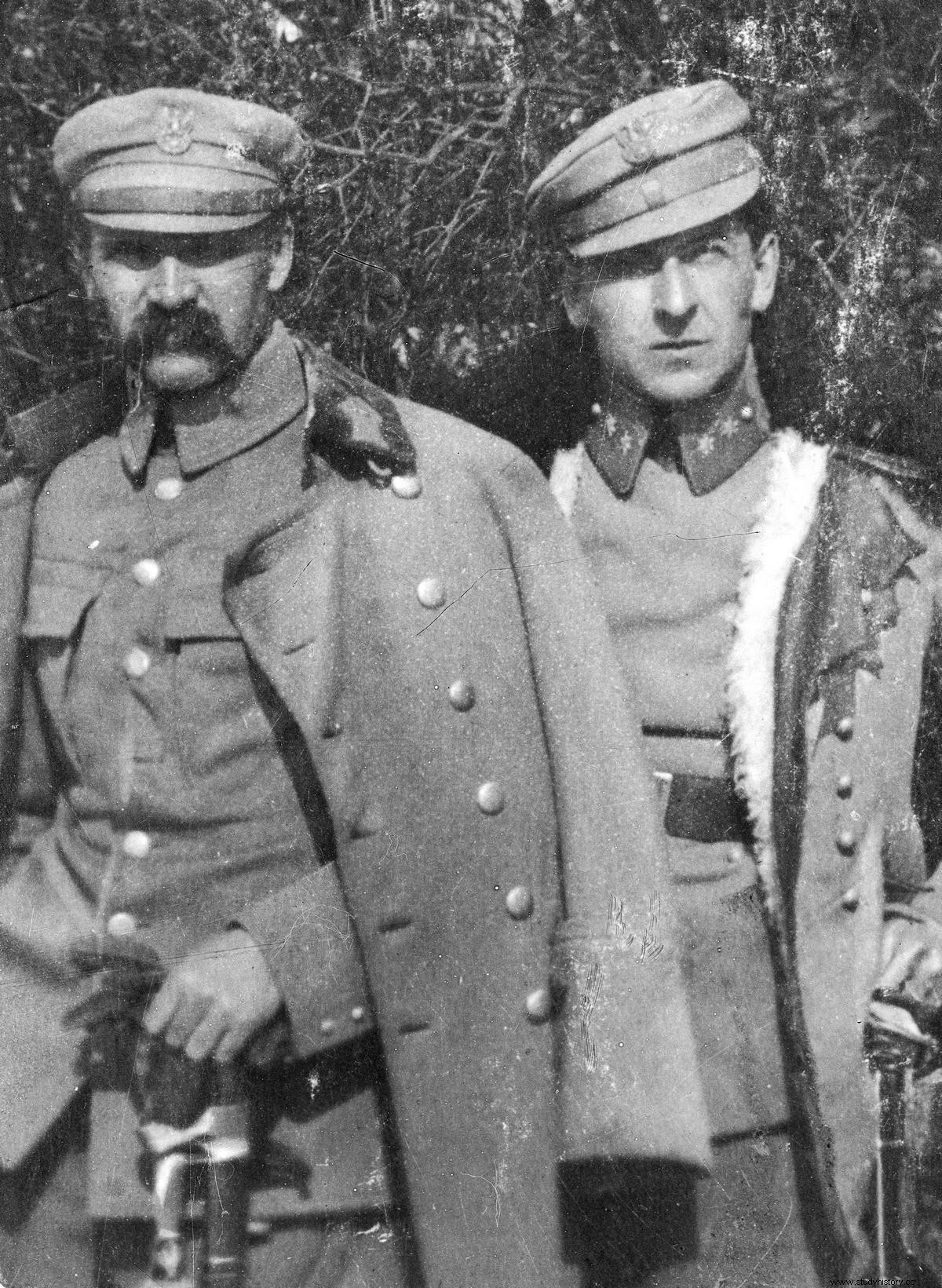
The internment in July 1917 was the best that could happen to Józef Piłsudski. In the photo, Piłsudski and his adjutant Bolesław Wieniawa-Długoszowski.
The Magdeburg fortress is not as scary as it is painted
Piłsudski, after several weeks of wandering through various prisons, was finally imprisoned in the Magdeburg fortress. It sounds scary, but in fact his place for the next several months has become a one-story wooden house, in which officers of the local garrison used to be arrested.
The fact that the living conditions were quite bearable is evidenced by the fact that Piłsudski himself wrote in the preface to one of his books:
I lived quite comfortably anyway. For the regulation, I had three cells on the 1st floor:a bedroom, something like a room where I could receive someone […] and a third - dining room. All three cells, open all day, overlooked the garden with a few fruit trees and some small shrubs or plants .
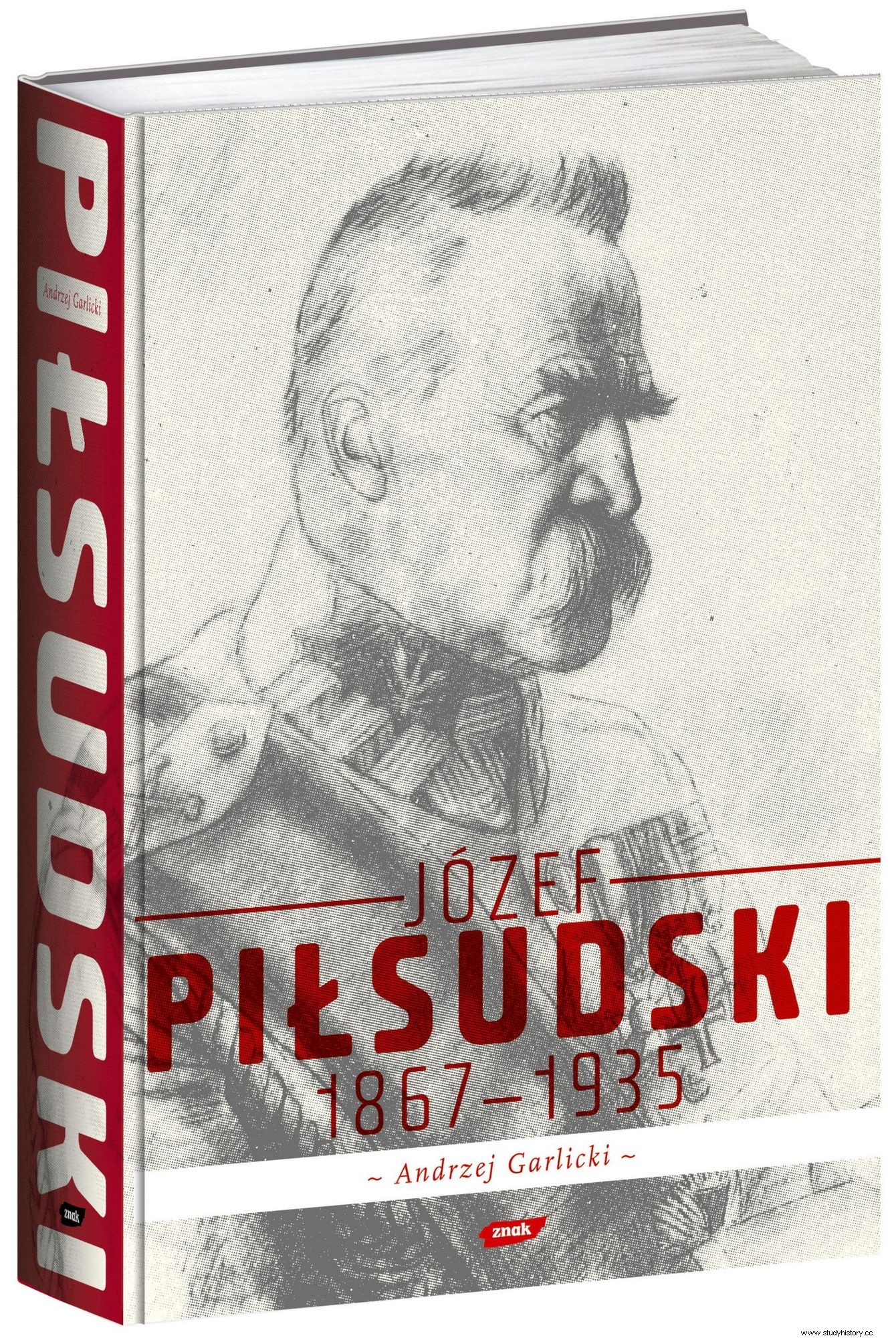
Initially, the former Legion commander could only walk in the aforementioned garden for three hours a day. However, the Germans quickly lifted all the restrictions in this regard and - as Piłsudski recalled - he had almost all day until dusk to open the door from the upper floor to the garden.
You will admit that it is by no means a prison. Also, the schedule of his daily activities does not allow to claim that Piłsudski is suffering any greater harm.
Restaurant dinners and solitaire
In one of his letters to Aleksandra Szczerbińska - who would later become his second wife - he wrote that he got up at half past eight, ate breakfast half an hour later, and then walked around the garden for the next two and a half hours. Before twelve-thirty was served tasty dinner - delivered from a nearby restaurant He was reading the Magdeburgische Zeitung newspaper prepared by the guards. It allowed him to keep abreast of events in Germany and around the world.
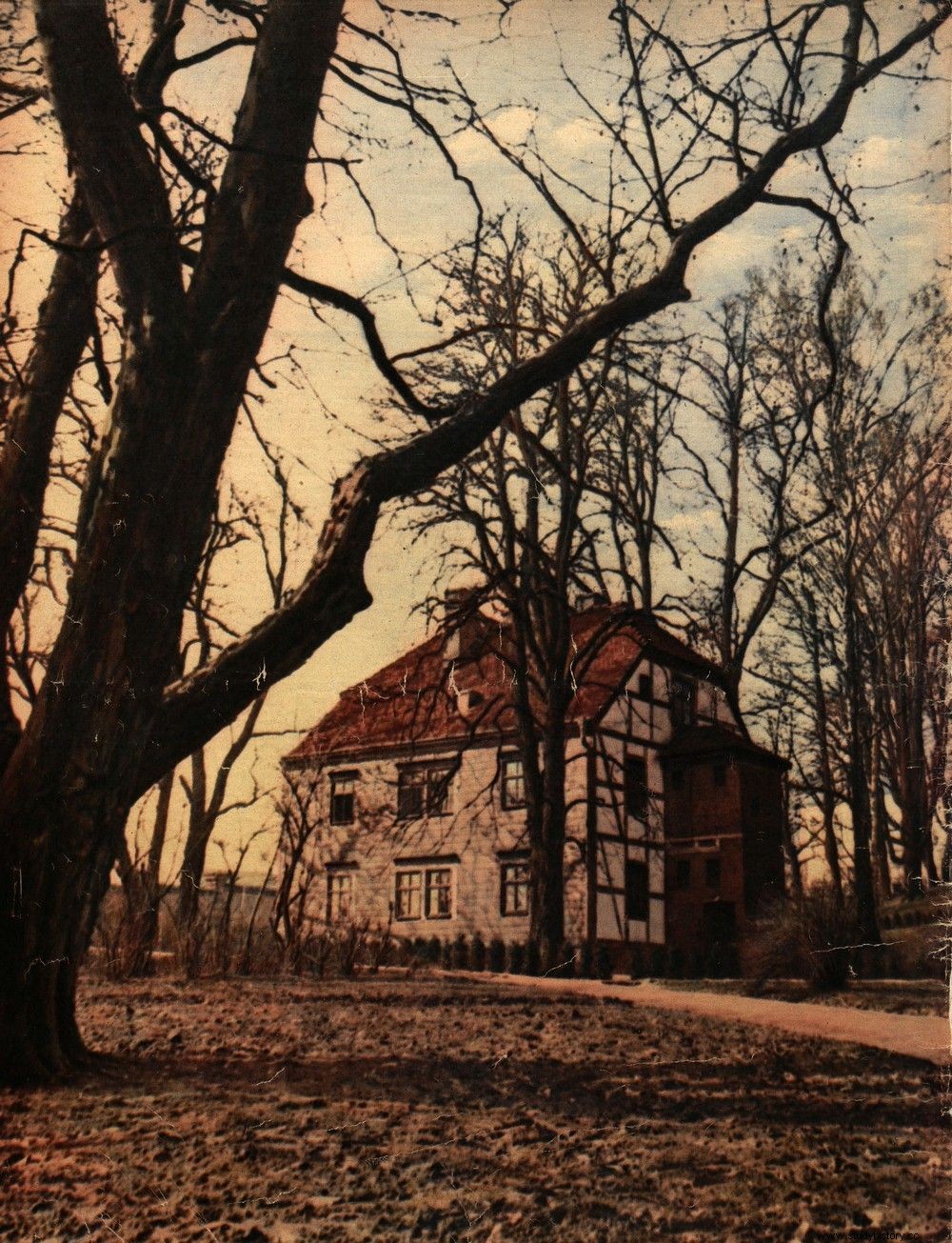
House where Józef Piłsudski was detained during the internment. In August 1937, the mayor of Magdeburg presented it to the Polish authorities. It was dismantled and transported to Warsaw, where it was rebuilt at the back of the Belweder Palace (source:public domain).
Prisoners do not have similar freedom and luxury even in Scandinavian prisons. Not to mention the living space. Three rooms only for each other and a garden? Millions of Poles dream of such a flat and take out loans for thirty years to live like Piłsudski in captivity!
Another daily ritual was to drink tea made by hand. Then a few hours of chess, reading and writing memoirs. 6:30 p.m. supper followed by solitaire.
You could say it was idyllic. The only real harassment from the Germans was Piłsudski's cut off from contacts with other people. No visits were allowed, and there were also problems with correspondence, which was arriving late.
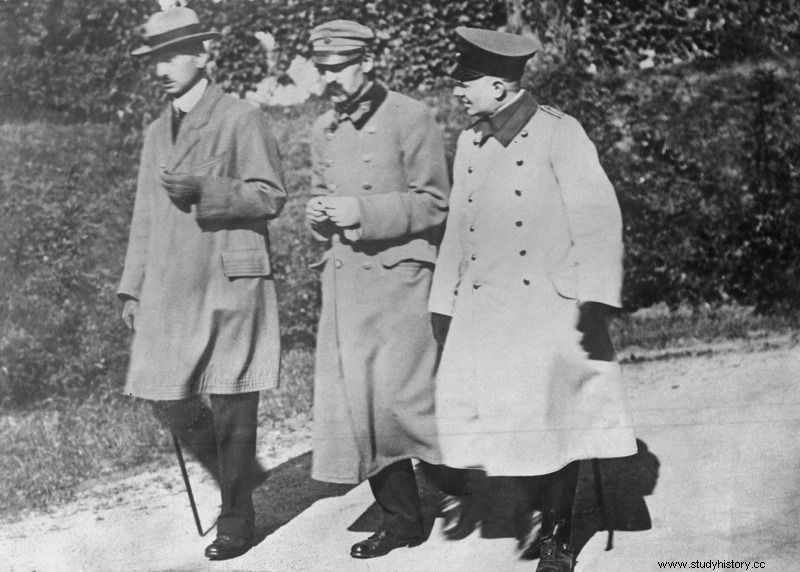
Józef Piłsudski, Kazimierz Sosnkowski and an officer of the German army, Schlossmann during a walk in the fortress in Magdeburg
It was so important that Aleksandra Szczerbińska was expecting their first child. As a result, Piłsudski was in a poor mental and physical condition.
Sosnkowski is the best for solitude
The situation improved considerably when a letter arrived with the information that the birth went smoothly and that he became the father of a handsome girl. From August 1918, the future head of state was no longer condemned only to the company of guards. His longtime friend Kazimierz Sosnkowski came to the Magdeburg Fortress.
He later recalled that the Germans allowed them not only to walk in the garden, but even to visit Magdeburg . However, their favorite pastime was playing chess, which eventually led to some tensions. It turned out that Sosnkowski was winning more often than losing, and Piłsudski did not like that, who was angry not to be kidding. A problem truly worthy of fighters for the freedom of the motherland!
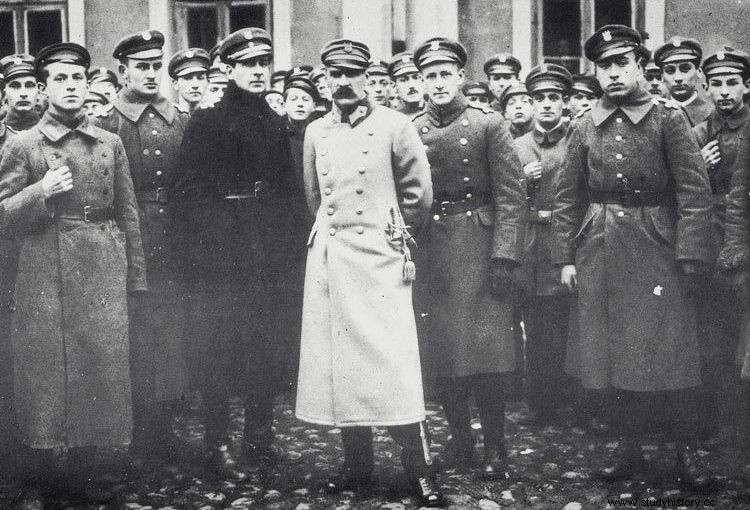
After returning to Warsaw on November 10, 1918, Piłsudski almost immediately became the main candidate to take power in Poland, which was returning to the map of Europe.
This is how Piłsudski's subsequent months of internment passed, until November 1918. At the front, the Central Powers were decisively chasing after the rest of their forces, while in Germany itself, revolutionary moods became more and more pronounced.
In this situation, the authorities decided to release Piłsudski, who returned to Warsaw on November 10, where he almost immediately became the main candidate for the leader of the reborn Poland.
Therefore, it is difficult to disagree with Jan Wróbel, who in his book entitled "Historia Polski 2.0" states that:
in the life of this very energetic man, the most important thing was a dozen or so months of inactivity - because only his imprisonment by the Germans made him an authentic national hero in the eyes of millions of his countrymen.
